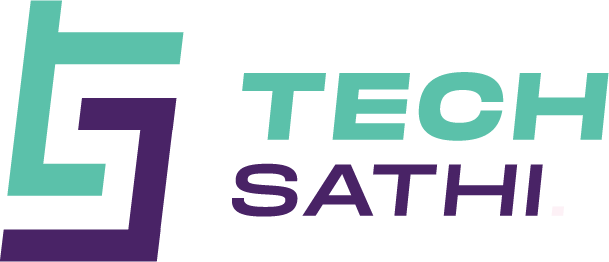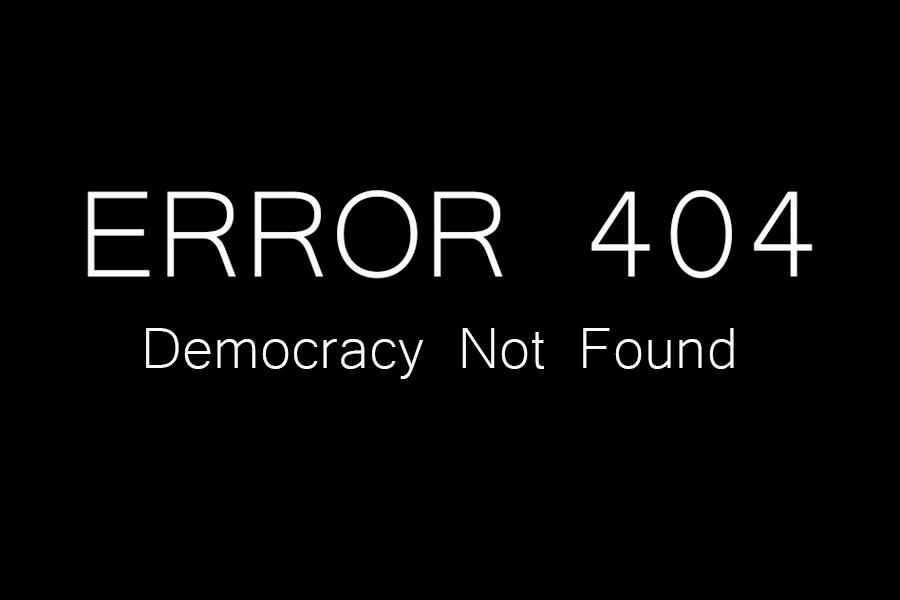Time and again, we hear the news of an arrest of someone for their critical opinions of government and its officials. We hear about the restrictions imposed upon seeking, receiving, and relaying ideas and information. One of the hot talks these days has been about our right to freedom of expression and the constraints that have appeared on their way.
So, what exactly is Freedom of Expression?
Freedom of Expression is a principle that allows an individual or group of individuals to state their opinions, views, and thoughts regarding various issues without any censorship and obstruction from the authority figure. In most of the democratic nations around the world today, there is a widespread prevalence and practice of freedom of expression.
Universal Declaration of Human Rights has categorized Freedom of Expression as a fundamental human right and placed it in Article 19 of the Human Rights Act stating that “Everyone has the right to freedom of expression. This right shall include freedom to hold opinions and to receive and impart information and ideas without interference by public authority and regardless of frontiers.”
What is Internet Censorship?
Internet censorship refers to the act of controlling and suppressing the contents that are issued, published, and viewed on the internet. It can be either in form of blocking website content or monitoring internet use and access. In the present world, internet censorship remains the major threat to freedom of expression.
Internet Censorship in the Context of Nepal
Last year, it was reported that a former secretary of the government was held up for a few social media posts offensive to the authority and the government officials. The whole situation gained a lot of attention probably because he was a high-ranking member of society. This unconstitutional act from the government was condemned by many which led to a few protests in support of freedom of expression. Although the former secretary was eventually released on bail, his arrest clearly shows the situation of freedom of expression in Nepal.
One of such recent examples hindering our right to freely express is the Information Technology bill proposed in the parliament. This IT bill caused huge outrage among the people, especially the youth, and a series of protests were organized condemning the parliament for passing such an act. The proposed bill had a provision to charge heavy prison sentences and hefty fines against those who freely express their opinions. Experts worried that this bill was brought on by the government to censor online content including social media posts.
A rapper with the name of Samir Ghising (popularly known as VTEN) was jailed in 2019 on the account of his music content. Police had taken him into custody with the charge of ‘anti-social content’ which was just an attempt to curb freedom of expression. Singer-songwriter Pashupati Sharma had to remove his song from Youtube less than 48 hours after its release due to a comment from the ruling Nepali Communist Party’s youth wing, the Youth Federation of Nepal. Should Sharma refuse to make amends for his mistakes, the Youth Federation said in a statement that they will be required to take strong steps that may be adverse to his musical career. Sharma’s song was a sarcastic take on injustice, corrupt practices, and socioeconomic inequity.
Not only these musicians, but also Youtuber Pranesh Gautam was arrested for uploading negative reviews about a movie.
Hate speech and freedom of Expression
There seems to be malpractice by the government to limit our freedom of expression on the pretense of ‘offense principle’. The idea of “hate speech” is often being used to suppress our right to giving a voice to our ideas and thoughts. Authority bodies are using the advantage of the thin blurred line between hate speech and freedom of speech in their favor. However, there cannot be any justifications of attempting speech limitations by falsely asserting that the restriction is done on forms of expression deemed offensive to society.
Conclusion
Freedom of expression is an indispensable element of democracy. It is the ultimate tool for building a healthy democratic society and hence ensuring social growth by allowing the free flow of ideas, information, and innovations. Without the right to freely express ourselves, the whole meaning of humanity and life would have been lost. That’s why, as free citizens, it is in our best interests to protect and promote this fundamental right at any cost for the betterment of humanity and its future.






